1. Cost of Living: Compared to many Western European countries, the cost of living in Romania is relatively lower, especially in terms of accommodation, food, and entertainment
ROMANIA WORK PERMIT
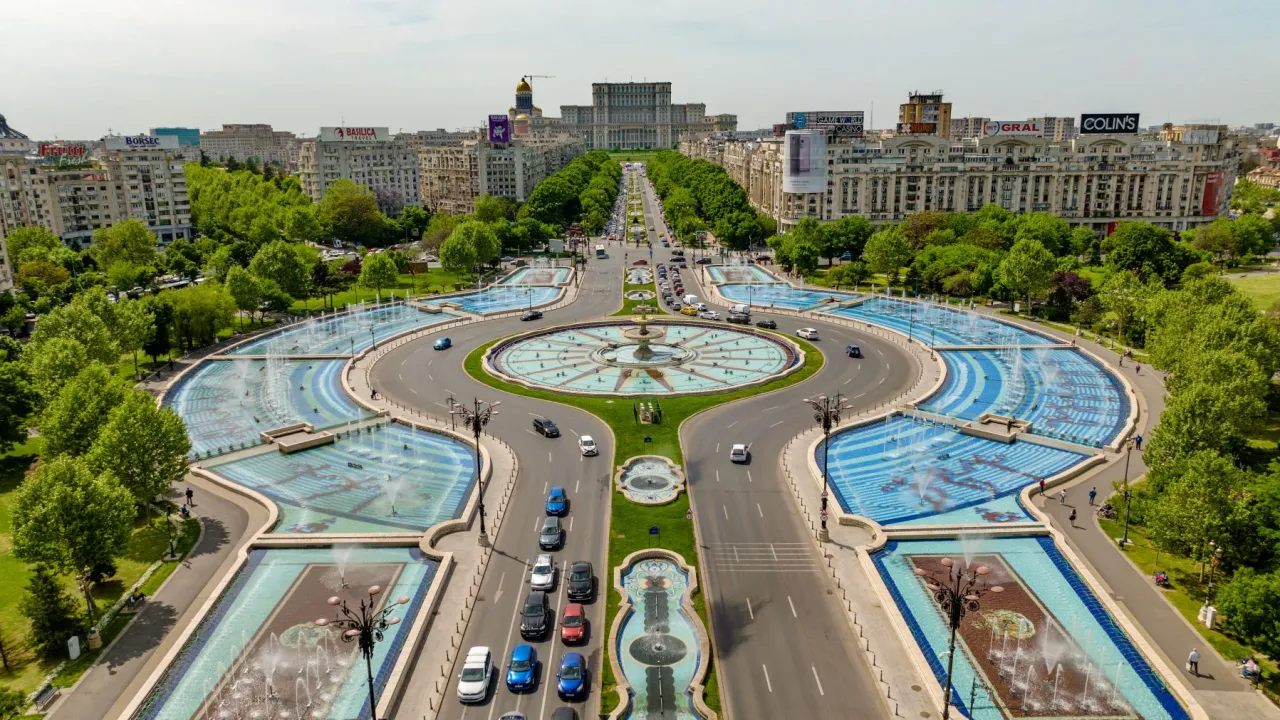
Secure a Job offer, Work Permit and Residence Permit
Processing fee: 4000 Euro
ROMANIA
Romania is a beautiful country located in southeastern Europe, known for its rich history, diverse culture, and picturesque landscapes. Here's a brief overview of Romania and some advantages of living and working there:
- Geography: Romania shares borders with Hungary, Serbia, Ukraine, Bulgaria, and Moldova. It's also home to the Carpathian Mountains, the Danube River, and the Black Sea coastline.
- History: Romania has a fascinating history influenced by the Romania, Byzantine, Ottoman, and Soviet empires. It gained independence in the 19th century and underwent significant changes during the 20th century, including communist rule and subsequent transition to democracy.
- Culture: Romanian culture is a blend of Eastern European, Balkan, and Latin influences. Traditional music, dance, cuisine, and folklore are integral parts of the cultural heritage.
- Economy: Romania has a developing economy with sectors like IT, automotive, agriculture, and tourism contributing significantly. Cities like Bucharest, Cluj-Napoca, Timișoara, and Iași are hubs of economic activity.
The low cost of living, stunning landscapes, and a growing cultural scene are just three of the many reasons Romania is such an attractive place to move to and live.
Citizens of the European Union (EU), European Economic Area (EEA), and Switzerland (as part of the European Free Trade Association) can legally work in Romania without having to apply for visas or permits. All other foreign nationals require two documents — a Romania work permit and a Romania work visa — to live and work in the country legally.
Advantages of Working in Romania.
-
-
2. Thriving Job Market: Romania has a growing job market, particularly in IT, engineering, healthcare, and services. The IT sector, in particular, offers numerous opportunities for skilled professionals.
-
3. Quality of Life: Romania boasts a high quality of life with access to healthcare, education, and cultural amenities. Cities like Cluj-Napoca and Timișoara are known for their livability.
-
4. Nature and Recreation: Romania's natural beauty is unparalleled, with opportunities for outdoor activities such as hiking, skiing, and exploring historic sites like castles and monasteries.
-
5. Cultural Richness: Living in Romania allows you to immerse yourself in a diverse cultural environment, experiencing traditional festivals, arts, and cuisine.
-
6. Strategic Location: Romania's location in Europe makes it a strategic base for travel within the continent, with easy access to neighboring countries and major European cities.
-
These advantages make Romania an appealing destination for those seeking a balance of career opportunities, quality of life, and cultural experiences in a vibrant European setting
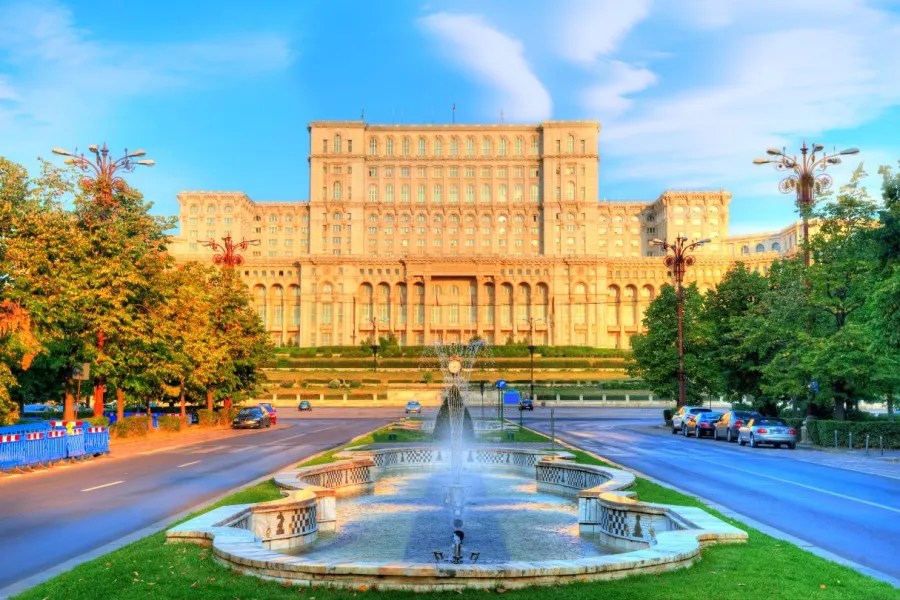
Types of work permits and visas in Romania.
While some countries may only require a work permit or work visa, these are separate documents in Romania with different application procedures. Non-EU/EAA/Swiss foreign nationals must have both documents to work legally in the country.
-
Work permits
Before applying for a work visa, you must obtain a work permit. Only a prospective employer can request work permits. They must file the applications with the office of the Inspectorate General for Immigration (IGI).
Work permits (also known as "work authorizations") don’t grant foreign nationals general permission to work in Romania. Instead, they are issued for the specific company that requests them and are only valid for a particular position. If an individual decides to change companies during their employment tenure in Romania, they would need to get a new work permit for their new job, even if the old permit is still valid.
Types of Romania work permits
Work permits in Romania generally fall under four categories:
-
1 Work permits for local hires are issued to foreigners with a valid, local employment contract in Romania. These permits are valid for one year but can be renewed as long as the local contract remains valid.
-
2 Work permits for highly-skilled employees are issued to foreign nationals working in highly-skilled positions in Romania. Prospective employees must demonstrate their skills and qualifications and have a salary at least double the gross average to obtain these permits. Work permits for highly skilled employees are valid for two years and are extendable.
-
3 Work permits for intra-corporate transfer (ICT) workers and trainees focus on employees and trainees who work for the same company in another country. These permits are valid for up to three years for professionals and one year for trainees. ICT work permits require professionals to have at least three years of experience in their field and trainees to have three consecutive months of experience within the same company.
-
4 Other work permits are also issued to seasonal workers, au pairs, athletes, interns, nominal workers, trainees, and cross-border employees.
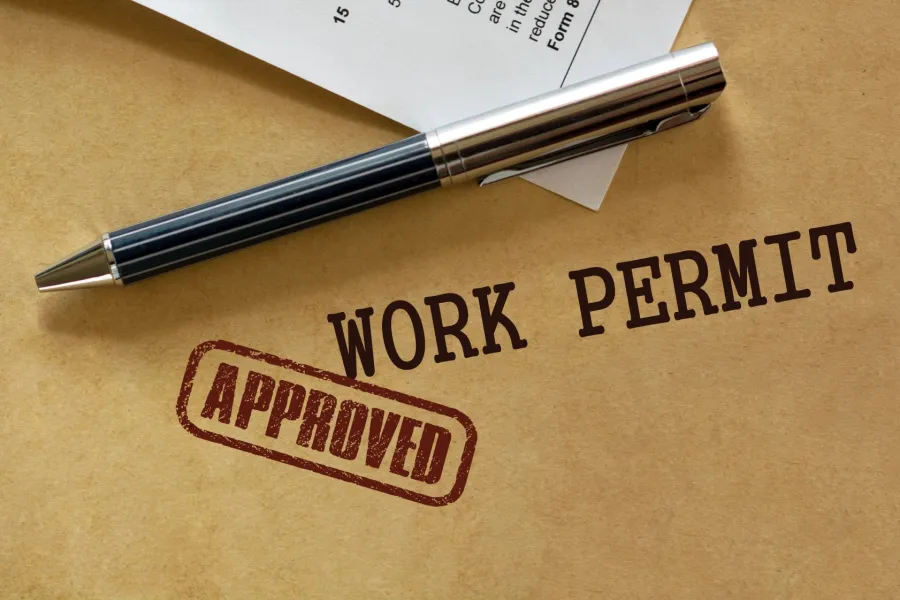

Work visas:
Once your employer has obtained a work permit on your behalf, you can apply for a Romanian work visa, which is issued to all foreigners who plan to work legally in Romania and aren’t EU/EAA/Swiss nationals.
Types of Romanian work visas
- Short-stay (C-type) visa: As the name suggests, short-stay visas grant a stay in Romania for up to 90 days. Many countries’ nationals are exempt from having to apply for this visa and are granted entry upon arrival. While short-stay visas don’t permit long-term employment, during the 90 days, visitors can work in certain activities, such as installing and maintaining machinery. Under this type of visa, you can’t apply for work or residence permits to remain in the country longer.
- Long-stay (D-type) visa: This visa allows individuals to live and work in Romania beyond three months. Technically, this type of visa isn’t valid for more than 90 days, but foreigners with D-type visas can apply for a residence permit to remain in the country long-term for employment. You can only apply for this visa once an employer has obtained a work permit from the Romanian IGI.
- Digital nomad visa: Romania has joined the list of countries offering remote workers visas. The digital nomad visa is critical in ensuring employees living in Romania and working for a remote overseas company retain legal work status and aren’t violating labor laws. The digital nomad visa is valid for one year, can be extended for an additional twelve months, and doesn’t require a work permit to obtain.
Before we dive into the specifics, standard requirements for all applicants include:
- A valid passport and photos
- Accommodation details in Romania
- Medical insurance for the duration of your stay
- Proof of funds or financial means (equal to or above the Romanian average)
- Certificate of police clearance or criminal record check issued from the home country
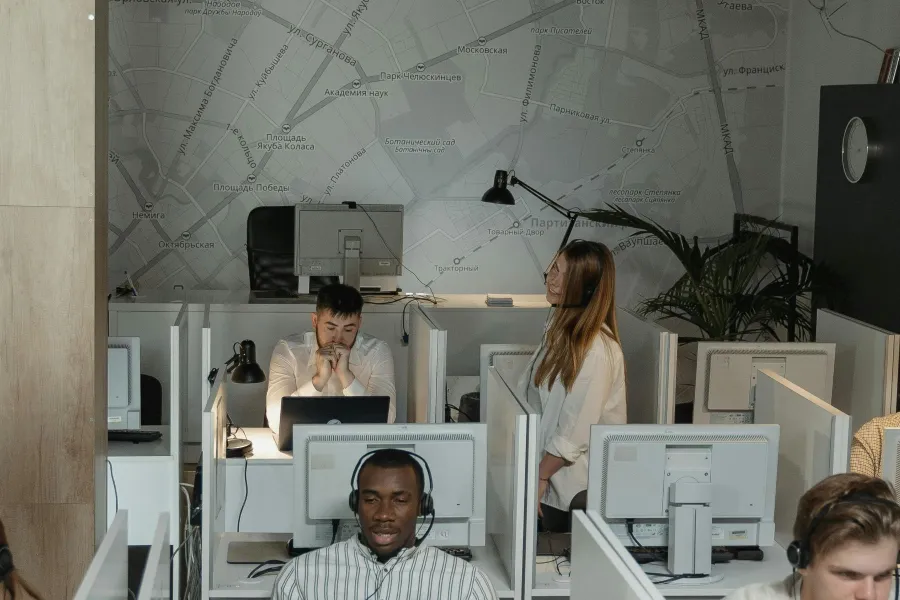
Romania D-type visa requirements
To be eligible for a long-stay Romanian work visa, you need to fall into one of the following categories:
- You work in academic research.
- You’re an entrepreneur looking to start a company.
- You’re a highly-skilled, self-employed professional.
- You’re transferring to your company’s branch in Romania.
- You work for a local company and have a Romanian employment contract.
- You work for a company that supplies services to Romanian customers.
- You’ll do artistic work as sanctioned by the Romanian minister of culture.
- You’re working as part of a bilateral agreement between Romania and your home country.
- You intend to conduct scientific, educational, or specialized work in a Romanian institute.
To apply for a long-stay Romanian visa, you need the following additional documents:
- Romanian visa application form
- Flight ticket or proof of travel plans
- A work permit obtained by your employer
- Document detailing the nature of your employment
- A visa appointment with Romanian consular services
Romania digital nomad visa requirements
To apply for a digital nomad visa, you need the following additional documents:
- A letter of intent
- Flight ticket or travel itinerary
- Proof of employment outside Romania for at least three years
- Proof of financial means equal to three times the current Romanian salary
- Proof of a remote working contact, accompanied by a Romanian translation
Apostilled document certifying the applicant has paid all taxes in their home country

Romania work permit requirements
Only prospective employers can request work permits, which must be obtained from the Inspectorate General for Immigration. Before an employer applies for a work permit, they may ask the applicant for the following:
- Resume or CV
- Proof of basic Romanian language knowledge
- Diplomas, degrees, or relevant certifications (translated into Romanian and certified)
Additionally, requests for certain jobs might go through a "Labor Market Test" to offer first refusal to locals. Employers need to demonstrate that there are no suitable Romanian or EU/EEA nationals for the same position when applying for work permits for foreign nationals.
Once you have your work permit, you must apply for a Romanian work visa at a diplomatic mission or consulate within 60 days
How to apply for Romania work visas and permits
Submit a Romania eVisa application online.
Work permits
Employers must initiate the application process for obtaining a Romanian work permit with the IGI. However, they might ask you to first present some of the documents listed above to demonstrate that your training and experience meet the company's requirements.
Employers also pay a tax of €100 (US$110) for each permit, a copy of which is needed to start the work (D-type) visa application.
It's important to remember that you must submit your Romanian work visa application at least two weeks before, but no earlier than three months, your intended arrival date.
Work visas
You can apply for a Romanian work visa directly through the Ministry of Foreign Affairs website. Here are the steps to applying for a Romanian work visa:
- Submit a Romania eVisa application online.
- Attach electronic copies of all the required documents
- Gather and submit original copies to a Romanian consulate, embassy, or diplomatic mission.
- Wait for your application to be validated
- Schedule and attend a Romanian visa interview.
- Pay a visa processing fee of €120.
- Wait for your application to be approved and your visa issued
Application processing time
Work permits typically take four to six weeks to be processed and issued. Sometimes, the IGI may request additional documentation, extending the process by another 15 days.
Work visas take between 10 and 14 business days to process.
FIND OUT MORE
To find out more about Romania Work permit, please contact us and one of our agents would reach out to you within 24hrs.
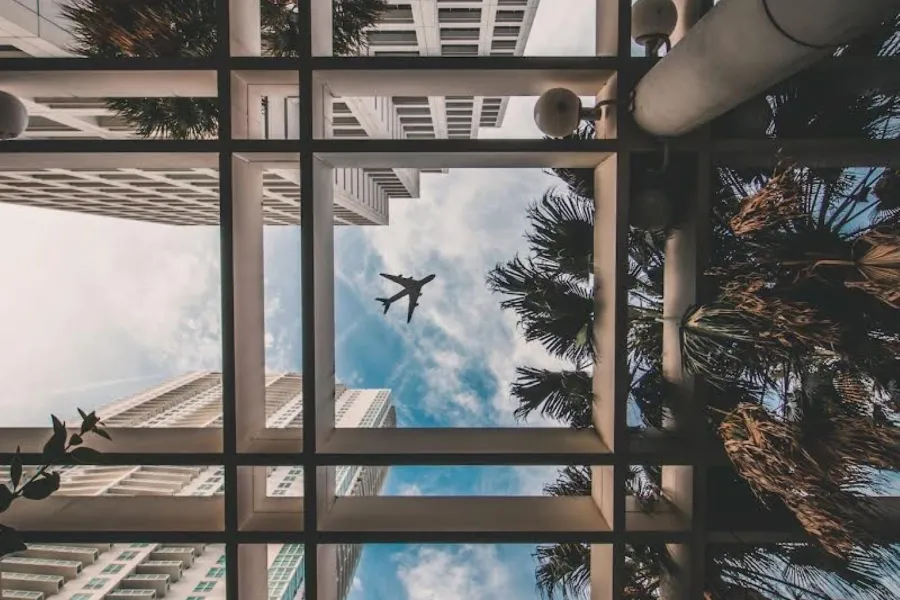
Contact Hetdynamic Ltd for Visa & Immigration

-
No 3 Akpoguma Street, Surulere Lagos
-
-
Request a Appointment
